Nektarios Barabutis
Link to WebpageUniversity of Louisiana at Monroe
Project Title
Protective role of Growth Hormone Releasing Hormone Antagonists in Endothelial Barrier Dysfunction
Mentor
Seetharama Jois, University of Louisiana at Monroe
Funding Periods
Pilot Project (May 1, 2022 - April 30, 2023)
INBRE COBRE Collaborative Project (May 1, 2021 - April 30, 2022)
Startup Project (May 1, 2018 - August 18, 2020)

Abstract
Acute Respiratory Distress Syndrome (ARDS) is a pathological condition associated with high mortality rates. Based on recent observations Growth Hormone Releasing Hormone antagonists (GHRHAnt) support lung endothelial barrier function. This grant application supports the hypothesis that GHRHAnt may represent an exciting therapeutic possibility against ARDS. Those peptides have been associated with robust anti-inflammatory and antioxidative activities, and activate the Unfolded Protein Response element (UPR). This is a homeostatic signaling network which orchestrates the recovery of endoplasmic reticulum (ER) function. It is consisted of the protein kinase RNA-like ER kinase (PERK), the activating transcription factor 6 (ATF6), and the inositol-requiring enzyme-1alpha (IRE1α). Mild UPR activation propels robust antiinflammatory and tissue-repairing activities. The present application provides preliminary data in support of our hypothesis that GHRHAnt oppose sepsis and ARDS by activating UPR. Specific Aim 1 (S.A.1) will associate GHRHAnt with UPR activation and protection against endothelial barrier dysfunction. Our studies will introduce the protective activities of GHRHAnt in lung endothelial barrier dysfunction, will identify the UPR-related component (Key Sensor) responsible for those events, and will shed light onto the mechanisms which regulate the vasculature. We will also study the effects of GHRHAnt in an in vivo model of LPS-induced Acute Lung Injury (S.A.2), where mice will express more UPR. The successful completion of our study will introduce a novel therapeutic possibility against ARDS, based on GHRHAnt.
